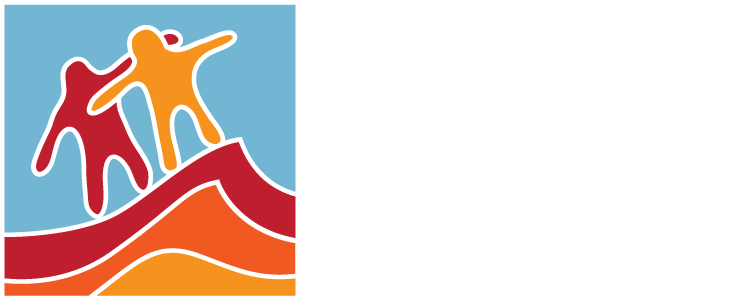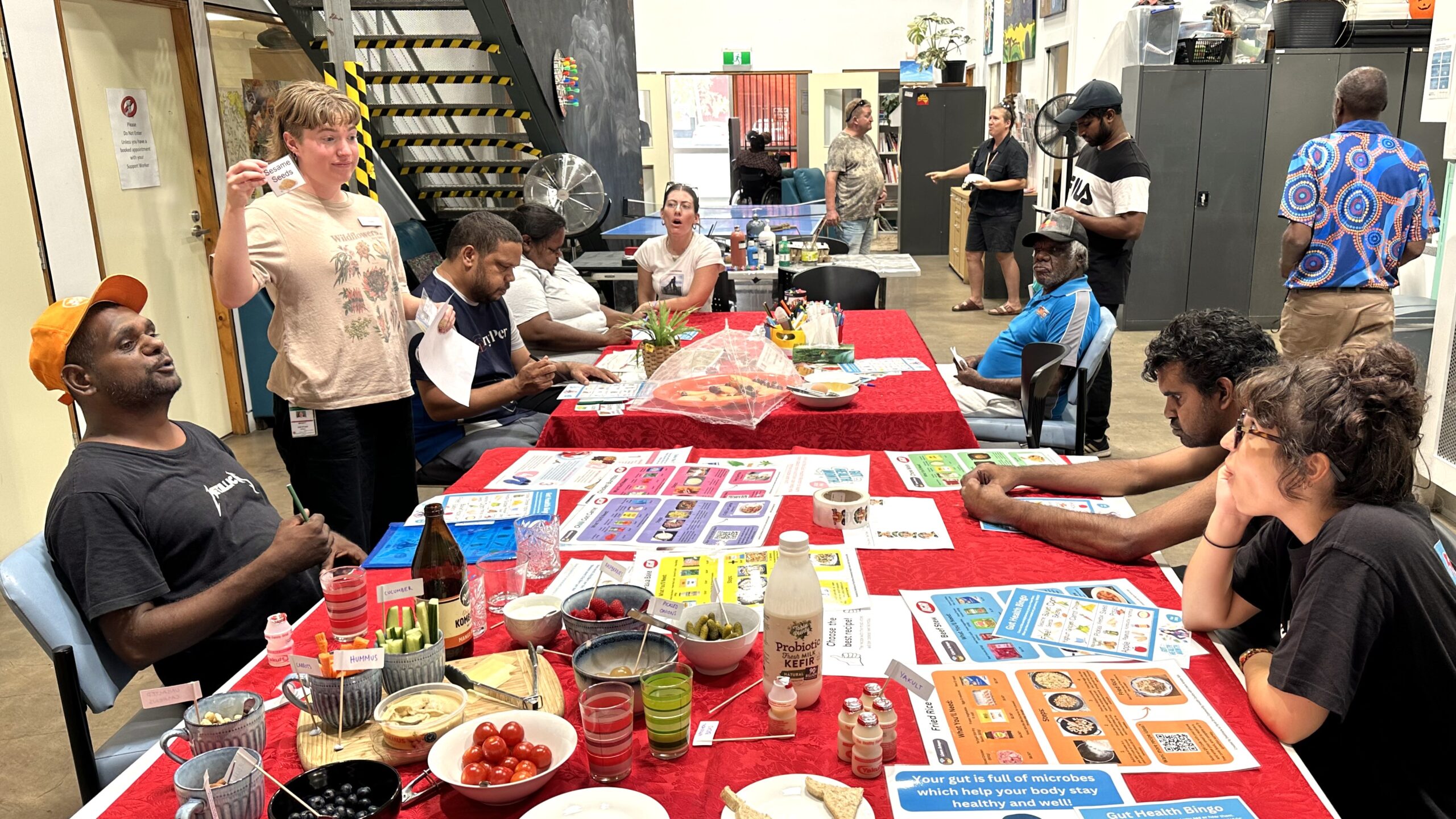April Highlights:
- New Wednesday Activities include Games at MHACA, Lawn Bowls and a practice session at the Driving Range.
-
DASA 40th Anniversary Community Event on Thursday 17 April 17 from 11am to 1pm.
-
Special Footy Session at Alice Springs Correctional Centre with Reclink on Thursday 24 April from 1pm to 3pm.
Weekend Activities include Parrtjima Festival, Bowling and Picnic at Telegraph Station.
MHACA’s Drop-in Centre will be closed on Friday 18 and Monday 22 for Easter Public Holidays. There will not be a Weekend Activity on Saturday 19 April.
Download or view the April Group Activities Calendar.
Call 08 89504600 or email info@mhaca.org.au to inquire about group activities for people living with mental health challenges.
Email intake@mhaca.org.au to enquire about an intake interview, or download the MHACA referral form.
MHACA can also provide individual support and is a registered NDIS provider.
In addition to structured activities, a Drop-in Centre is open Mondays, Tuesdays, Thursdays and Fridays 8.30am – 3pm, and Wednesdays from 8.30am to 1.30pm.
The Drop-in Centre is a welcoming space where people can connect with others and participate in activities. It provides:
- a comfy lounge area
- kitchen facilities
- computers with internet access
- activities such as music jam, healthy cooking and sports
- musical instruments
- laundry and bathroom facilities.


